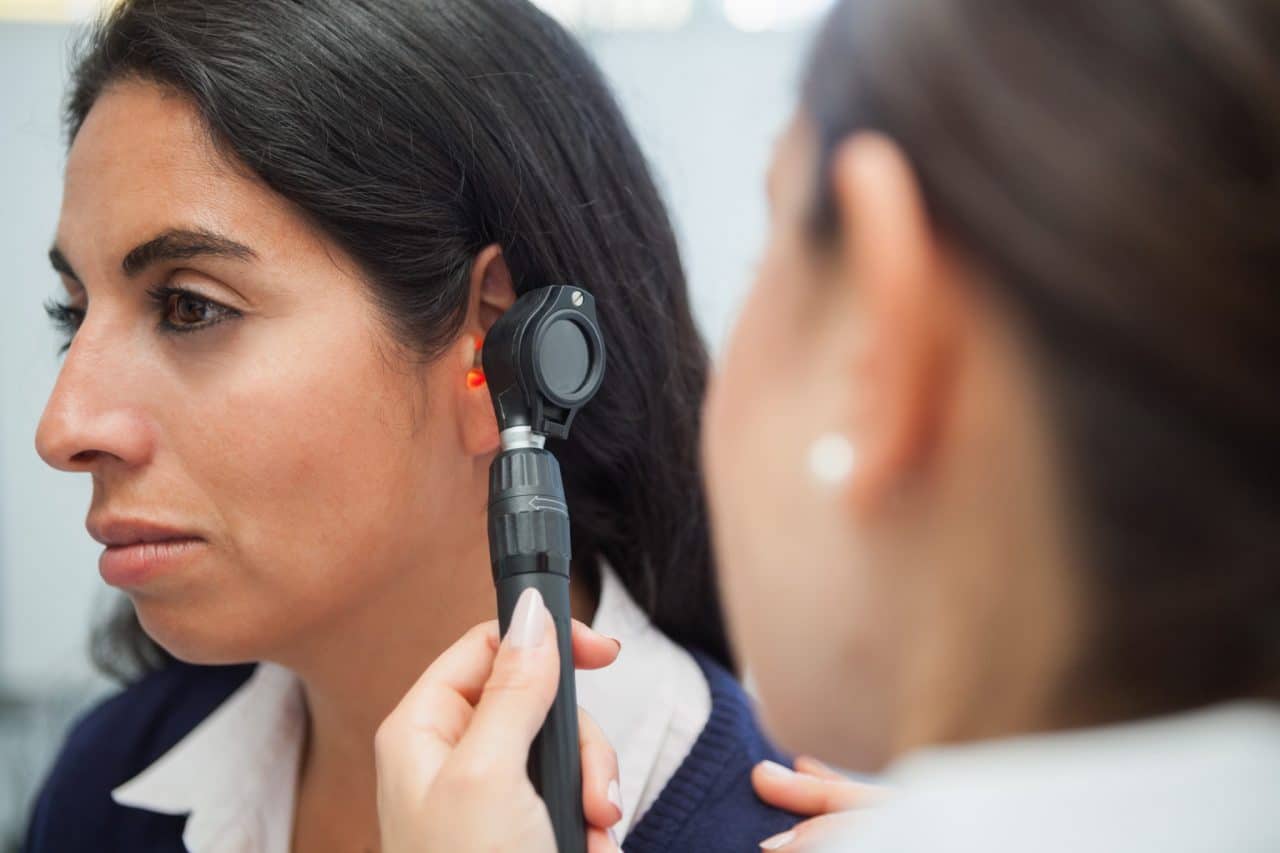You visit an audiologist for a hearing test, but who do you visit to be treated for other medical conditions that affect the ears? Chances are you’ll be referred to an otolaryngologist or neurotologist if your initial assessment reveals an underlying condition is causing your symptoms.
What Is an Otolaryngologist?

Otolaryngologists are physicians that treat conditions affecting the ears, nose and throat, which is why they are commonly referred to as ENTs. ENTs diagnose and treat a wide range of conditions that affect breathing, swallowing, drinking, speaking, balance, sleeping, hearing and more. Many also perform head and neck surgeries.
When it comes to your hearing, ENTs can confirm or rule out underlying causes of hearing loss. They work closely with audiologists and hearing instrument specialists (HIS), who treat common types of hearing loss like noise-induced hearing loss and age-related hearing loss (presbycusis), usually with hearing aids. ENTs can also diagnose vestibular (balance) disorders like Meniere’s disease.
ENTs often sub-specialize into specific areas of ear, nose and throat care, like cancer surgery, pediatrics, plastic surgery and vascular surgery. Another sub-specialty they can choose is neurotology.
What Is a Neurotologist?
Neurotologists, sometimes called otologists, are ENTs who sub-specialize in problems with the inner ear, auditory nerve and skull base. They undergo additional training in order to sub-specialize.
Neurotologists can provide additional treatment options for hearing loss and other conditions that otolaryngologists who don’t specialize cannot. For example, they can perform cochlear implant surgery to treat profound sensorineural hearing loss, place bone-anchored hearing aids to treat conductive hearing loss and treat skull base and ear anatomy disorders, balance and dizziness disorders, tinnitus (ringing in the ears) and acoustic neuromas (tumors on the auditory nerve).
Which Specialist Should You See?
If you have a hearing problem, you’ll probably need to schedule an appointment with a primary care physician (PCP) first, who can refer you to the appropriate specialist. While audiologists are qualified to diagnose and treat an array of hearing and balance concerns, you may be referred to an otolaryngologist or neurotologist if there is a medical condition, like swelling, trapped fluid or an anatomical issue, affecting your ears and therefore your hearing.
For more information or to schedule an appointment, call the experts at ENT of Georgia today.